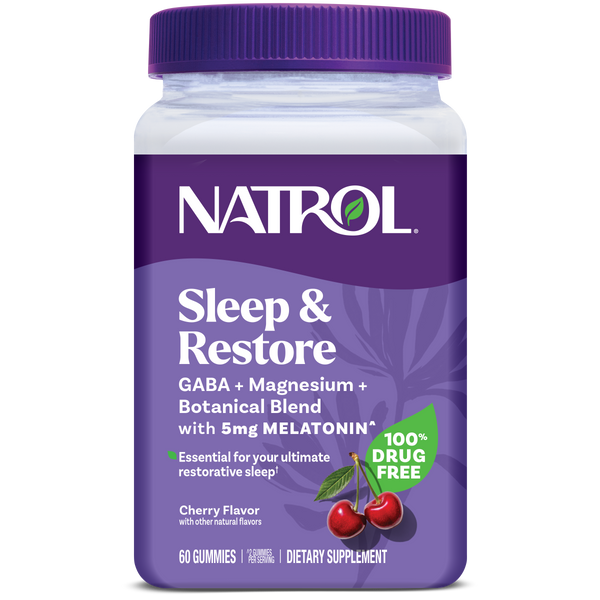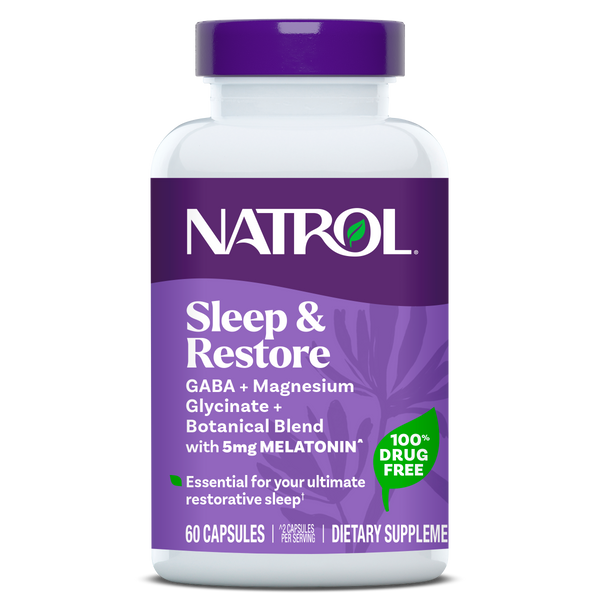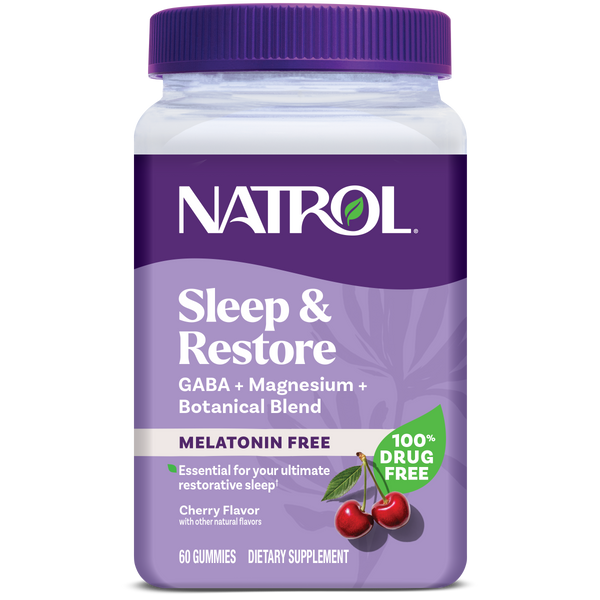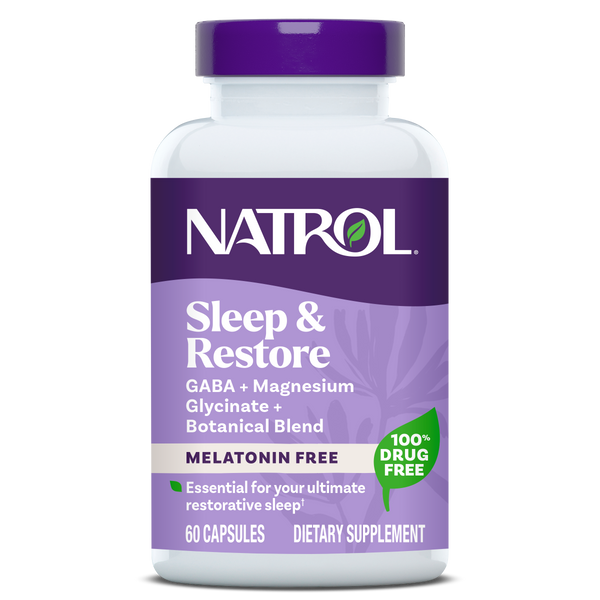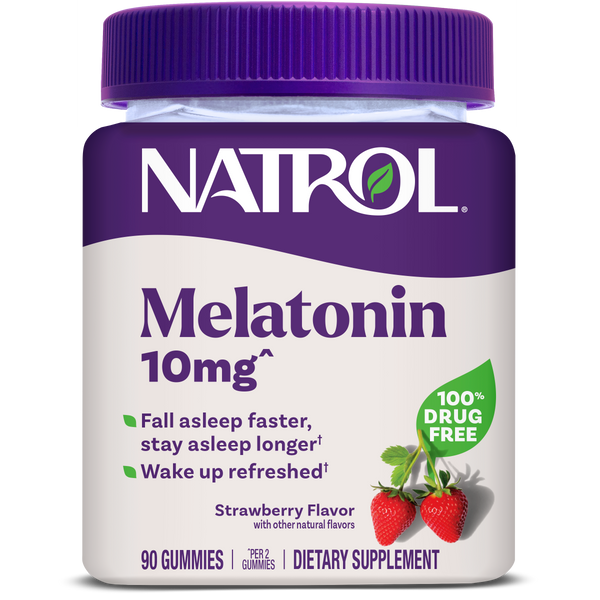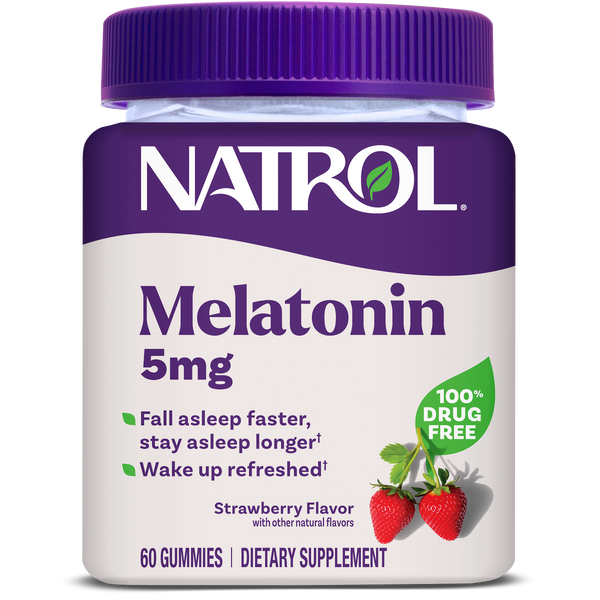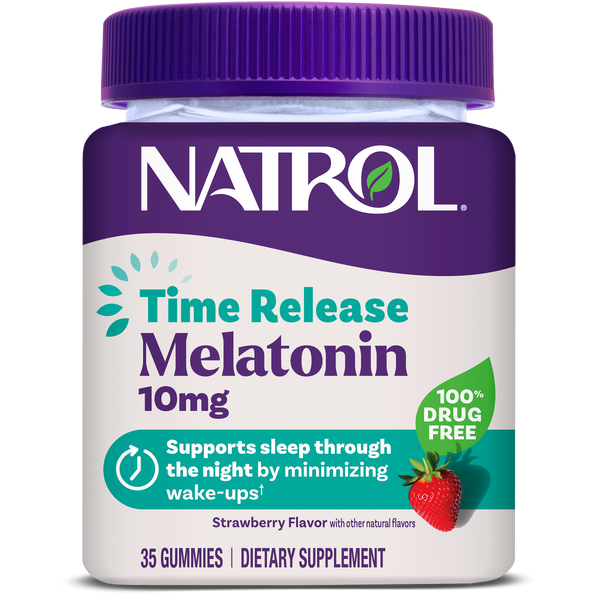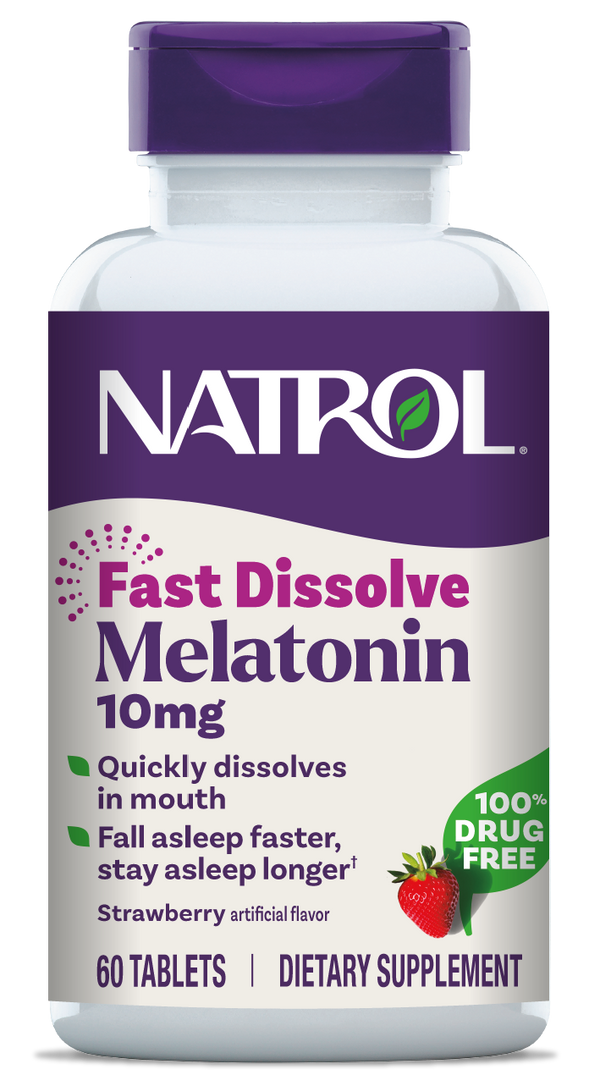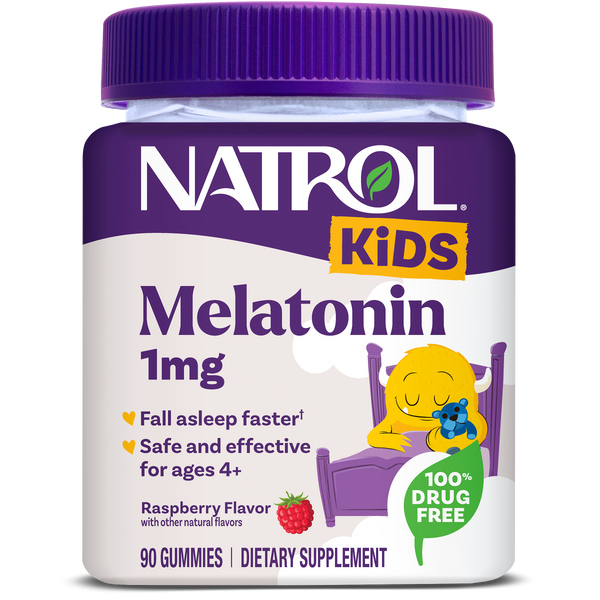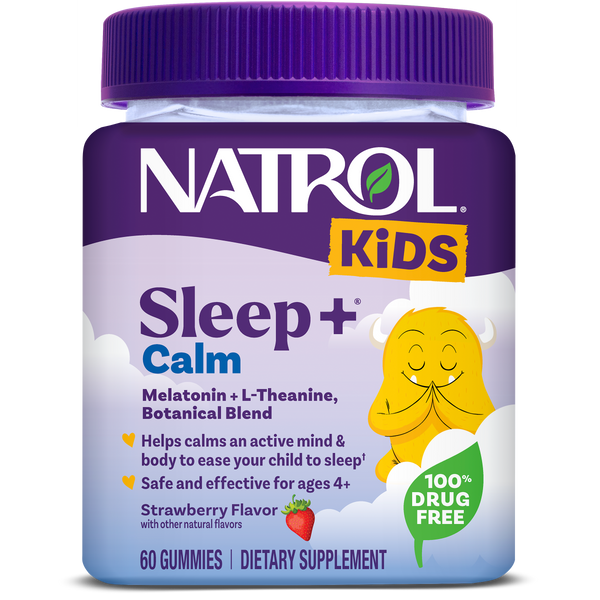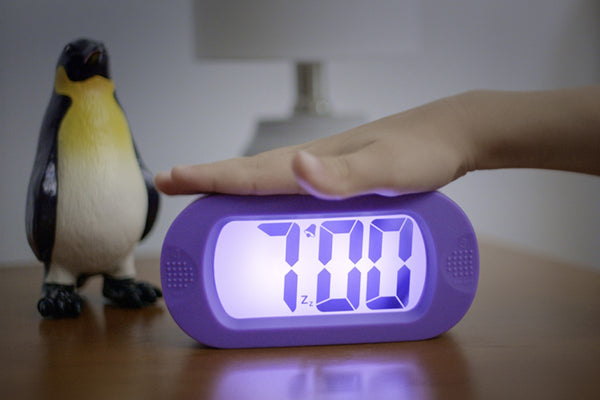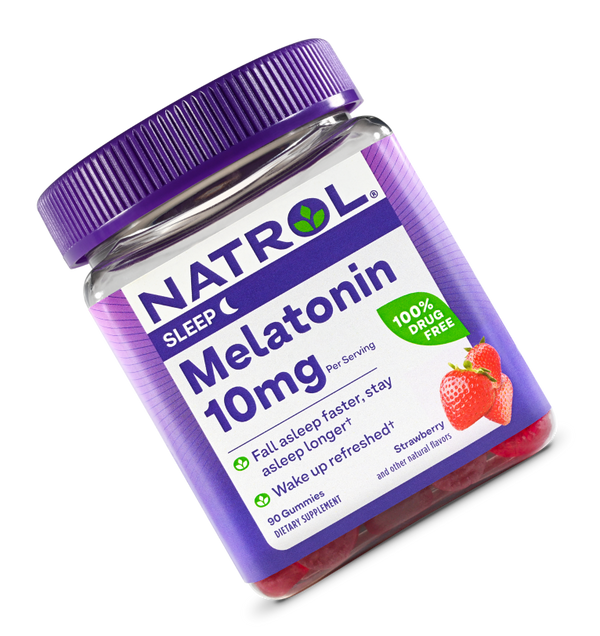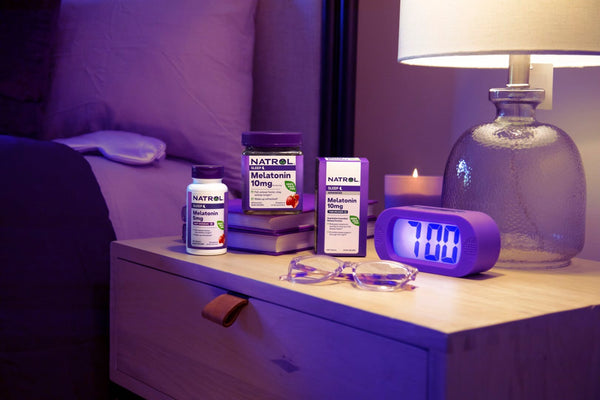By Shelby Harris PsyD, DBSM
As the relaxing days of summer wind down, we find ourselves facing the inevitable transition back to our regular routines. While summer brings a plethora of warmth and relaxation, it also disrupts our schedules, including our sleep routine. This phenomenon, known to some as the summer slump, can take a toll on our overall wellbeing and productivity as we transition Back on Track this fall. Studies show that on average, we lose approximately 15.5 hours of sleep during the summer months. As we bid Farwell to summer and welcome the changing season, it becomes crucial to be intentional about getting our sleep schedules back on track. Fixing our sleep schedules helps us not only regain control over our sleep and mood, but it also ensures that we are present and ready to embrace the magical moments that fall brings.
Now, let’s dive into a few tips and tricks for getting your sleep routine back on track:
Start Adjusting Your Sleep Schedule Early
The earlier you think about shifting your sleep schedules, the better. Our bodies aren’t designed to abruptly change from one schedule to another (hello jet lag), so taking a more gradual route will pay off in the long run. While not always possible due to travel, vacations, and just life in general, the more you can think ahead and shift 1-2 weeks in advance, the better. This doesn’t mean all hope is lost if you’ve waited until a night or two before the change, but it is easier overall to change your sleep schedule gradually.
Since sleep-wake schedules tend to be all over the place during the summer (including myself!) resulting in the summer slump, my first recommendation is to just work on establishing a more stable bed/wake time schedule for a few days, even if it is later than your ultimate goal. Having a consistent, stable sleep-wake schedule for a few days makes it easier to adjust to an earlier time, with both the bed and wake times. If your sleep is all over the place, it’ll make it harder to adjust earlier.
Once you have a consistent bed/wake time established, then work on adjusting your sleep-wake schedule earlier by 15 minutes every 1-2 days. So, if you’re going to bed at 12 and awakening at 8am, move it to 11:45-7:45 for a day or two, then 11:30-7:30 and so on until you match up with your ideal sleep schedule.
Manage Your Evening Light Exposure
Debating on where you live, the sun might still be out when you’re getting ready for bed, or even going to sleep. Our brains need dim light to help set the stage for sleep, which allows for our brain’s natural melatonin production to help make us sleepy. If you’re out in the sunlight and then immediately decide to go to bed, you might struggle with winding down and falling asleep earlier. The same goes for blue light – the wavelength that is typically emitted from electronic devices, like phones, tablets, TVs, and computers. The brain processes these devices as if it is the sun, leading to your brain to produce less melatonin, making it harder to fall asleep earlier.
Be thoughtful about your nighttime light and electronics exposure. Use light blocking shades or a sleep mask if you have light still entering your room at bedtime. Also, consider limiting your use of electronics 30-60 minutes before bed. While the blue light can be a problem for some people, I also caution you to think about the content of what you’re watching on electronics as that can be quite alerting as well. If you must be on your phone, using “Night Mode,” dimming the screen, using blue light blocking glass or setting it further away from your eyes can be useful. Though these solutions are not as effective as just staying away from screens altogether.
Implement Morning Rituals for a Fresh Start
Morning light exposure is really useful to help set your body’s natural sleep-wake pattern (aka your circadian rhythm). As you advance your waketime every day or two as discussed above, make sure to prioritize light exposure in the morning. An extra bonus in the morning is if you have the ability to get in some movement bright and early. Go for a quick walk, open up your shades and/or eat breakfast in front of the window--even a cloudy day is great. Natural light works better than indoor light, but if you can’t get outside or don’t have a window to sit near, then turn on all the lights to help wake your brain and body.
Don’t Ignore the Wind-Down!
Sleep isn’t an on/off switch--I say it all the time. Instead, we have to help gradually ease into bedtime instead of thinking we can crash to sleep. There needs to be some separation between day and night, and allowing for a short, simple wind-down routine can be really helpful to let your brain know that sleep is coming soon. We often lose routines over the summer, so I frequently recommend that you work to incorporate a solid wind-down routine (even if it is abbreviated) as you’re about to adjust to an earlier bedtime. There’s no such thing as an ideal wind-down routine – whatever you find quiet, calm and relaxing in dim light, and ideally without electronics, is the goal, and moving closer to the bed/bedroom is fantastic. Reading, listening to a podcast, meditation, gentle yoga, journaling, knitting, art… whatever you find relaxing is the key. If you’re not used to building in wind-down time, start with just 10 minutes and work towards 30-60 minutes before bedtime. Perfection isn’t the goal here. Instead, work on being as consistent as possible and know that not every night will have a full wind-down routine.
Can Melatonin Fix Your Sleep Schedule?
Melatonin is a natural hormone made by the body’s pineal gland (aka endogenous melatonin). This part of the brain is inactive during the day, but when the sun goes down it activates and begins to naturally produce melatonin (hence its nickname as the “hormone of darkness”). Melatonin in supplement format (aka exogenous melatonin) is routinely recommended by sleep specialists when we are trying to slowly shift the body’s natural sleep-wake schedule.
Using melatonin to fix your sleep schedule is not a substitute for the behavioral suggestions above. Instead, we always try behavioral strategies first If you’ve given behavioral strategies a try and they’re just not helping you adjust at the end of summer, then melatonin supplements (with the guidance of your doctor as melatonin can potentially have side effects for some people) can be useful for fixing your sleep schedule. Melatonin is more effectively used to help adjust your sleep-wake timing, rather than as a sedative to put you immediately to sleep. This is precisely why we find melatonin useful for people who are truly “night owls” but get a good night’s sleep just on a delayed schedule, as well as for those who struggle with travel between time zones. In both instances, melatonin helps to adjust your circadian rhythm.
Melatonin can be used in a few ways, and we tend to recommend a “less is more” approach for the vast majority of people (often 1/2mg – 5 mg) and timing it properly can be of great use. If you sleep a full night but struggle with moving your sleep-wake schedule earlier, we often recommend smaller doses (using ½ mg to 1mg) given earlier in the evening to gradually pull your circadian sleep-wake timing earlier over time, allowing for your sleep-wake schedule to drift earlier. If you don’t have the time to gradually adjust your schedule over a few days/week, another approach would be to try taking 3-5 mg of melatonin ) an hour before your desired bedtime.
As always, talk with your doctor to make sure that melatonin is appropriate for you, and to align on the appropriate amount and timing. Again, it isn’t a substitute for behavioral strategies (if you’re staring at screens and doing work until bedtime, good luck having melatonin fix those issues)… but it can be a useful tool for some people to aid in sleep adjustment from summer to fall. And if nothing seems to be helping you sleep better, or if you find your sleep to not be restorative and you’re dealing with daytime fatigue and sleepiness, don’t ignore it! Consulting with a board-certified sleep specialist can be extremely useful. There are many options out there that go beyond the suggestions listed above.
There you have it! If you follow these simple suggestions, there is no reason you shouldn’t enjoy the wonders of a full night’s rest. Don’t fear the summer slump and the sleep shift from summer to fall. I encourage everyone to embrace the new time of year with a rested body and mind. Together we can fix our sleep schedules and truly enjoy our fall season again!
About Shelby Harris

Shelby Harris PsyD, DBSM is a clinical psychologist and sleep specialist in private practice in NY. She is board certified in Behavioral Sleep Medicine and treats a wide variety of sleep, anxiety and depression issues using evidence-based non-medication treatments. Her self-help book The Women’s Guide to Overcoming Insomnia was published in 2019 by W.W. Norton Books. Dr. Harris holds an academic appointment as Clinical Associate Professor at the Albert Einstein College of Medicine in Neurology and Psychiatry. Before going into private practice she was the longstanding director of the Behavioral Sleep Medicine Program at the Sleep-Wake Disorders Center at Montefiore Medical Center in NYC. In addition to her clinical work, Dr. Harris is the Director of Sleep Health for Sleepopolis.com. Dr. Harris has been an invited columnist for the New York Times, and is frequently in the media including the New Yorker, Washington Post, CBS Mornings, Today Show, Good Morning America and The Drew Barrymore Show. Dr. Harris can be found on Instagram at @SleepDocShelby where she provides evidence-based information about sleep wellness and sleep disorders.






